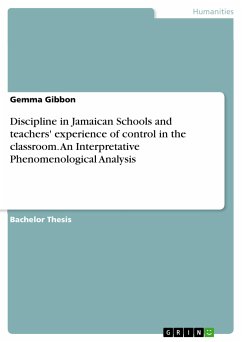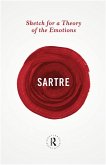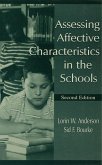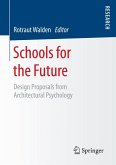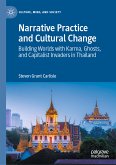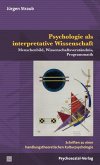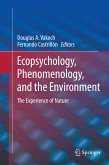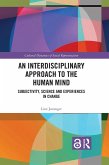Bachelor Thesis from the year 2015 in the subject Psychology - Social Psychology, grade: 2:1, University of Derby, course: Bachelors (hons) Psychology, language: English, abstract: This qualitative interpretive phenomenological study uses semi-structured interviews from 5 Jamaican teachers to investigate their experiences of control in the classroom. Since 2005 the Ministry of Education in Jamaica prohibited the use of corporal punishment (CP) in early childhood settings but there is research to show that children are still receiving physical punishment and teachers have been reported to still be using CP in schools. Using Interpretive Phenomenological Analysis across all 5 participants revealed a strong influence of cultural norms that encourages the use of CP, a lack of support from the Jamaican Teachers Association and the Ministry of Education, ineffective teacher training courses and lack of support from the community causing these teachers to still rely on CP, for want of a better solutions. In light of these findings, this study hopes to provide insight for education policy makers to provide effective classroom management modules at Teacher Training College, introduction of school intervention programmes, parenting programmes and to better support its teachers to eliminate the use of CP across Jamaica, not just in schools alone.
Bitte wählen Sie Ihr Anliegen aus.
Rechnungen
Retourenschein anfordern
Bestellstatus
Storno

